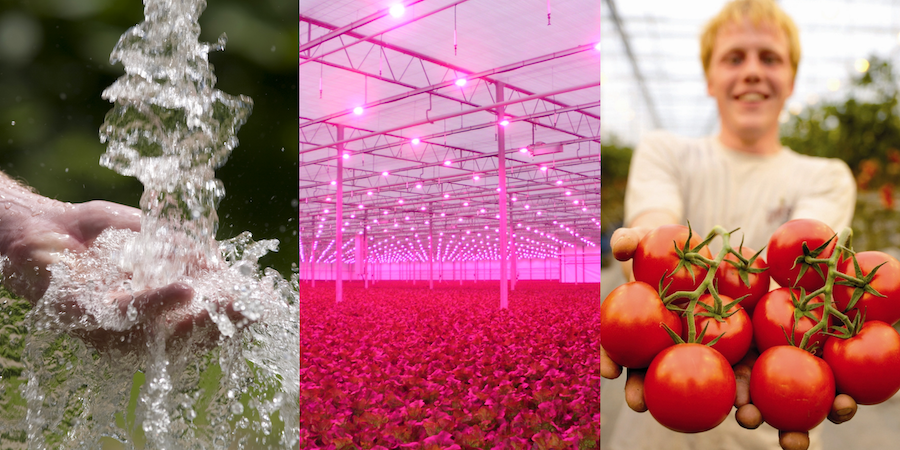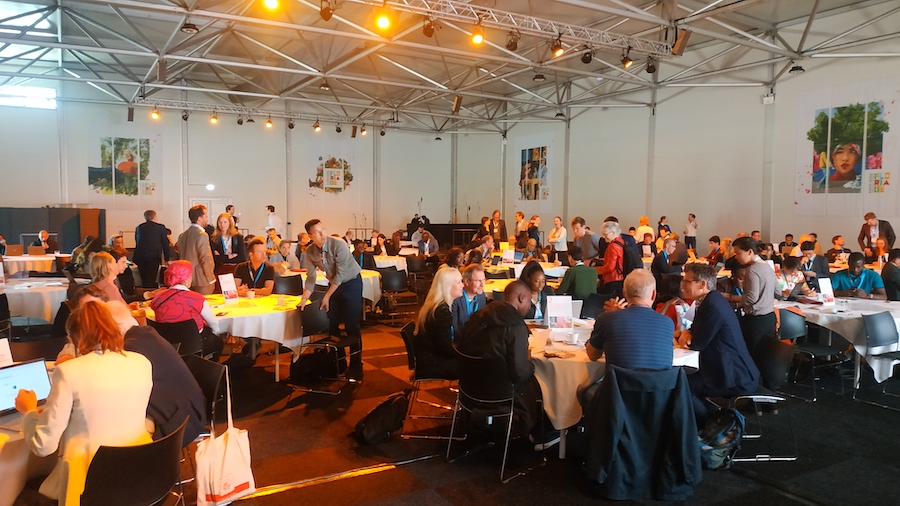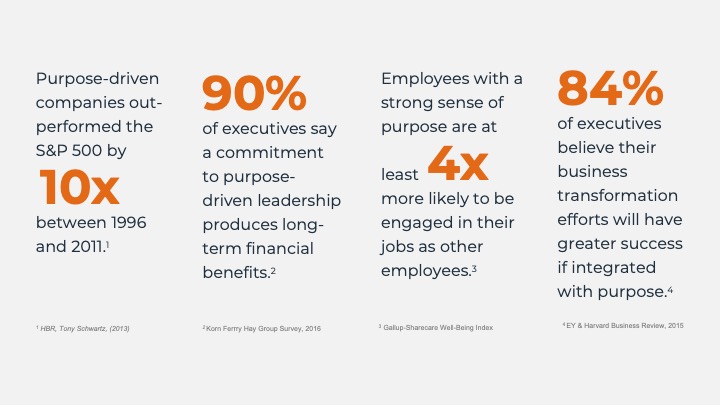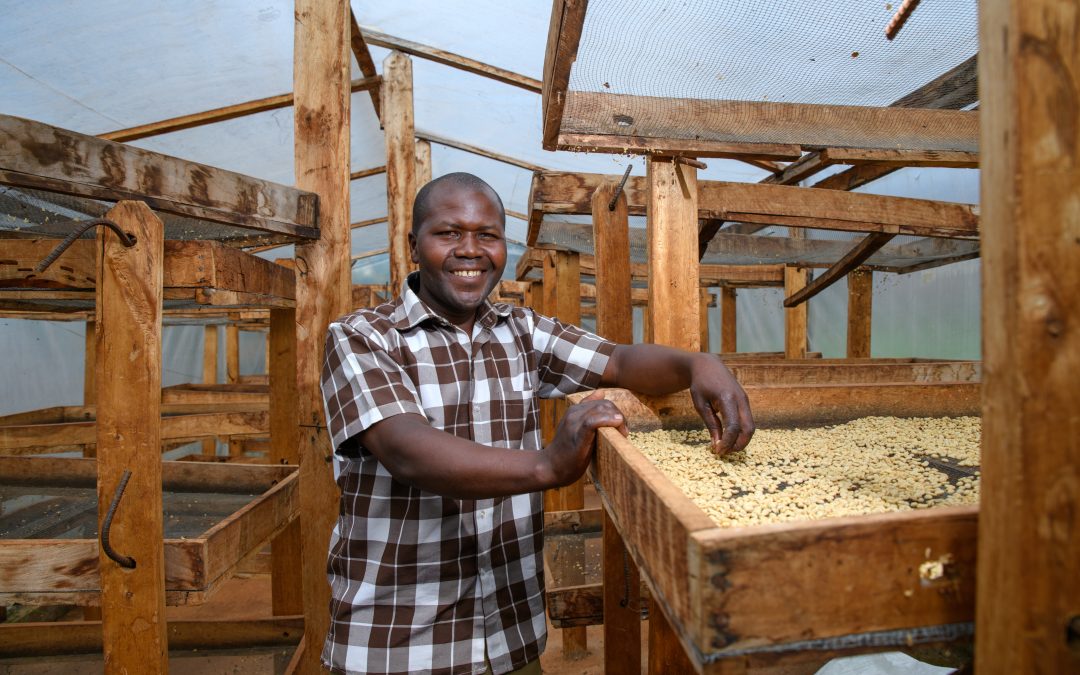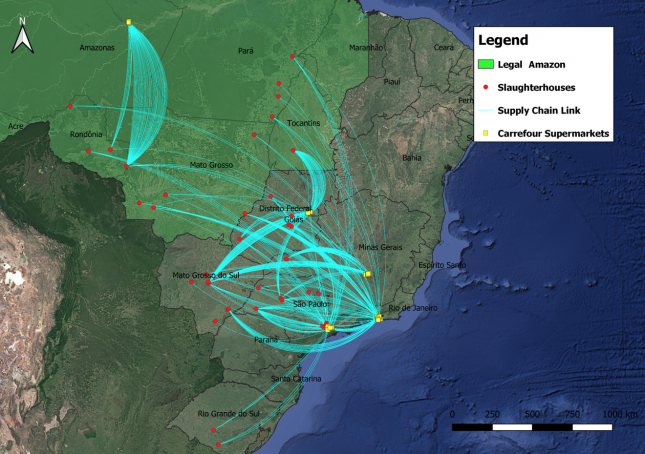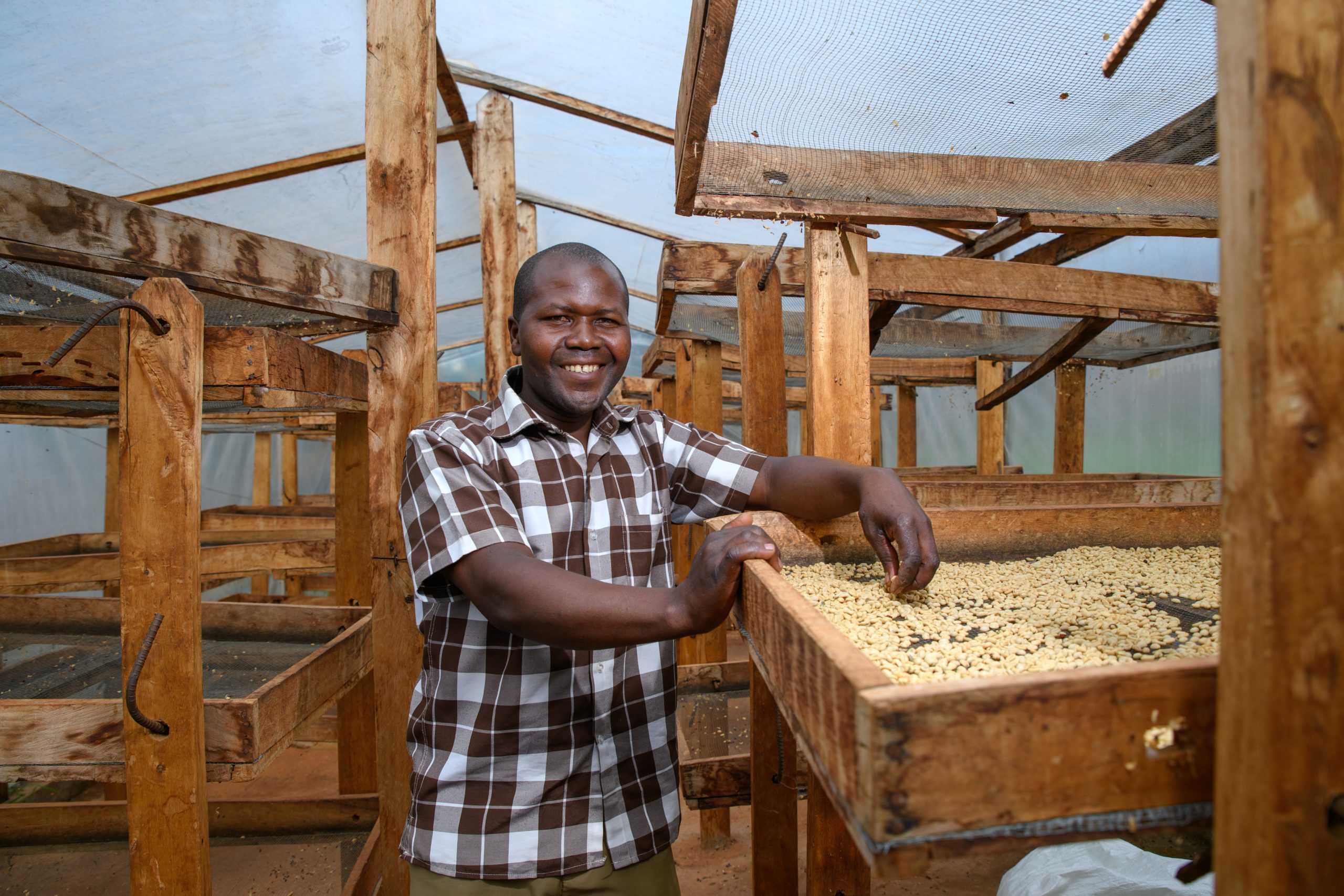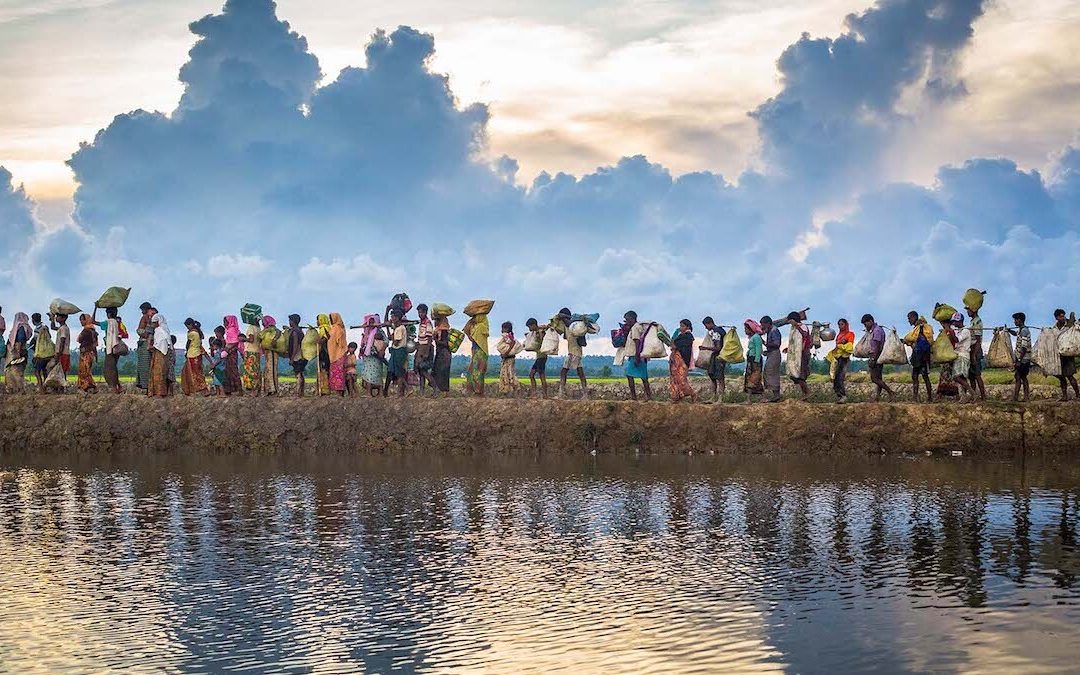
Calls for corporate support for those affected by war in Ukraine and beyond
Calls for corporate support for those affected by war in Ukraine and beyond
The Global Compact Network Netherlands and UNHCR Netherlands, the UN Refugee Agency, is making an urgent appeal to the Dutch business community to continue offering support to people fleeing Ukraine as well as refugees coming from other countries. Business can play a major role in supporting people affected by the war, both in the short and long term.
The war in Ukraine has triggered Europe’s worst refugee crisis since World War II. As of 22 May, more than 6.5 million people – mainly women and children – have fled the country, while more than 8 million people are displaced within its own borders. The expectation is that these numbers will increase further – unless the war will stop – and with it, the needs will also increase.
That is why the Global Compact Network Netherlands is calling on companies to take the following four actions:
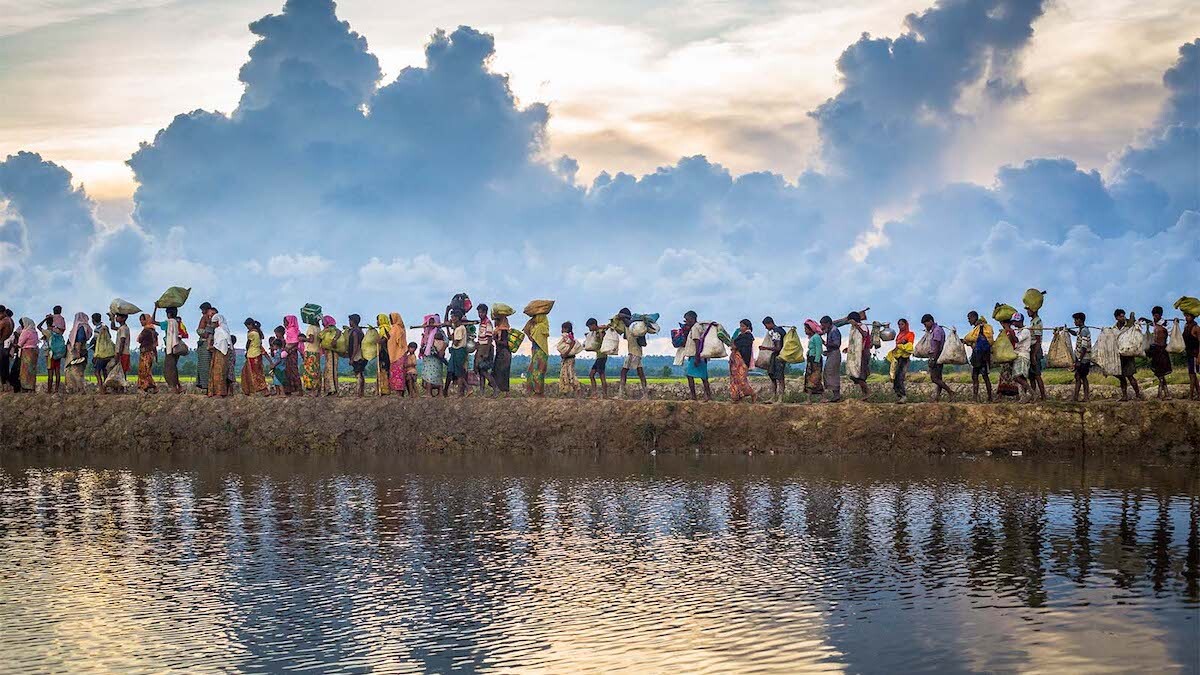
Thousands of Rohingya refugees cross the Naf river border through rice paddies from Myanmar into Bangladesh, near the village of Anzuman Para, Palong Khali. © UNHCR/Roger Arnold
1. Consider hiring refugees
As of 23 May, almost 60,000 refugees from Ukraine currently reside in the Netherlands. One of the most effective ways for businesses to help is to provide them with work. The European Union Member States grant temporary protection to refugees from Ukraine, giving them access to residency, employment and services such as medical care. For example, refugees from Ukraine are allowed to work as employees from 1 April, whereby the employer does not need a work permit and only has to report it to the UWV. Organizations such as Tent Partnership for Refugees and Refugee Talent Hub offer advice on the right programs and guidance for hiring refugees. UN Global Compact Network Ukraine and Poland have set up the project, ‘Give a Job for UA‘. Vacancies for Ukrainian refugees are collected via jobs@globalcompact.org.ua and posted for free on the dedicated pages of Jooble and Happy Monday.
2. Support people forced to flee financially
In response to the growing refugee crisis as a result of the conflict in Ukraine, UNHCR, the UN Refugee Agency, and humanitarian partners are appealing for increased financial support to help refugees and the neighbouring countries generously hosting them.
By launching an updated Regional Refugee Response Plan for the Ukraine situation, UNHCR and partners are seeking US$1.85 billion to support a projected 8.3 million refugees in neighbouring countries, namely Hungary, the Republic of Moldova, Poland, Romania and Slovakia, as well as other countries in the region, including Belarus, Bulgaria and the Czech Republic.
To learn more about the needs and what businesses can do, support UNHCR’s Ukraine Situation Supplementary Appeal.
3. Get inspiration from other companies
Many members of the Global Compact Network Netherlands and other Dutch companies provide humanitarian aid through their services or expertise. For example, the Philips Foundation provides aid to hospitals, emergency supplies and financial support for people forcibly displaced in Ukraine. The company also calls on its employees to donate. Another example is KPN, they do not charge for calling and texting to Ukraine.
Booking.com provides financial support for refugees from Ukraine and doubles the donations from its employees. In addition, Adyen uses its technology to support the response in Ukraine. In stores that use Adyen’s payment platform, customers are given the option to make a donation at checkout.
4. Take the UN Guiding Principles on business and human rights as a starting point for business decisions made in the context of the crisis in Ukraine
A due diligence process helps companies to identify, prevent, mitigate and take responsibility for any unavoidable negative impact of their activities on people and the environment. In this way, any additional negative consequences for the people of Ukraine can be prevented.
Curious about what your company can do to support people forced to flee? Contact Victorine van Beuningen, Lead Corporate Partnerships UNHCR Netherlands, vanbeuni@unhcr.org, +31 6 12 62 40 63.
For more information about Global Compact Network Netherlands, please contact: Linda van Beek, Executive Director Global Compact Network Netherlands,Beek@unglobalcompact.nl, +31 6 11 20 94 00.

